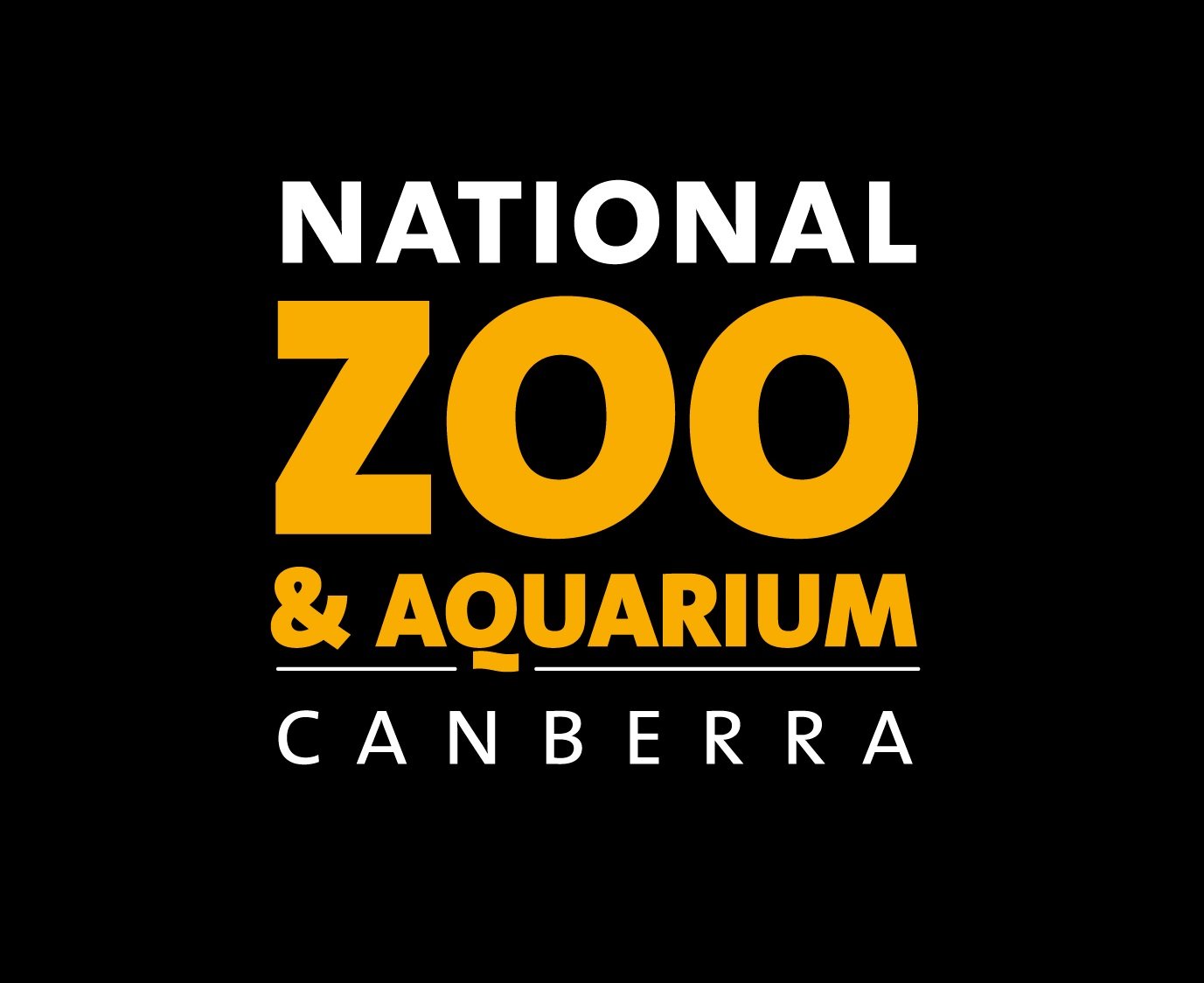Sustainability
At the National Zoo & Aquarium (NZA), our vision is a thriving shared future for wildlife and people.
We recognise our responsibility to inspire change, led by example and safeguard the natural world for generations to come.
Environmental sustainability is central to our mission. It guides how we care for animals, manage our operations, engage visitors and contribute to global conservation.
-
As climate change and environmental degradation increasingly threaten ecosystems, NZA has made sustainability a strategic priority across all areas of operation.
Our 2023–2026 Sustainability Strategy aligns with five of the United Nations Sustainable Development Goals (SDGs):
1. Clean Water and Sanitation (SDG 6)
2. Affordable and Clean Energy (SDG 7)
3. Responsible Consumption and Production (SDG 12)
4. Climate Action (SDG 13)
5. Life Below Water (SDG 14)Through targeted action plans, we are working to reduce our carbon footprint, improve resource efficiency and inspire positive environmental behaviours in our staff, visitors and community.
-
NZA is committed to reducing grid-based electricity consumption.
With an ambitious target of achieving 100% carbon neutrality by 2030, we have already made significant progress, reducing our reliance on grid electricity by 31% through the installation of 523kWh of on-site solar power, including ACT’s second-largest urban solar farm. This clean energy initiative saves nearly 600 tonnes of CO₂ emissions annually and is complemented by the installation of six EV chargers for both staff and visitors, encouraging the uptake of electric transport.We are implementing smart energy management systems like timers and motion sensors, and exploring battery storage for improved energy independence.
-
Water is one of our most precious resources.
To maintain animal habitats and our inland aquarium systems responsibly, NZA utilises bore water and rainwater harvesting to reduce dependence on town water.We are mapping our water footprint and investing in filtration and recycling systems to improve efficiency and reduce waste.
By ensuring that clean drinking water is prioritised for animals, staff, and visitors, we are demonstrating that every drop counts. -
NZA’s waste management program focuses on reducing landfill, reusing materials, and recycling wherever possible.
Key achievements include:
- Removal of all single-use plastics from food venues
- Operation of a Container Deposit Scheme (CDS) that has raised over $92,000 for conservation
- Elimination of soft plastics from landfill waste
- Onsite worm farms and recycling initiatives for organic and green wasteWe now operate multiple waste streams and are developing a sustainable procurement framework that prioritises suppliers with RSPO and FSC certification, ensuring environmental responsibility across our supply chain.
-
As Australia’s largest public inland aquarium, we play a vital role in connecting people to marine conservation.
Our Sustainable Seafood Policy ensures all seafood, for both human and animal consumption, is responsibly sourced through eco-certified suppliers.Through public education campaigns, we highlight the impact of land-based activities on ocean health and encourage ocean-friendly choices.
No matter where you live, the ocean connects us all. -
NZA is committed to carbon reduction, sustainability resilience, and education.
We are embedding climate-smart practices into every level of our operations and plan to:- Continue transitioning to renewable energy
- Reduce greenhouse gas emissions year-on-year
- Incorporate climate projections into design and land management
- Engage staff and visitors to act for the planetThrough collaboration and leadership we aim to demonstrate that conservation and sustainability are inseparable and essential to our shared future.
